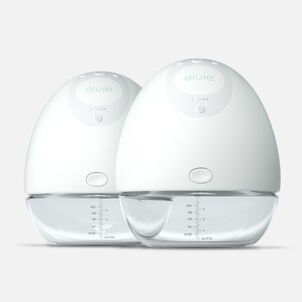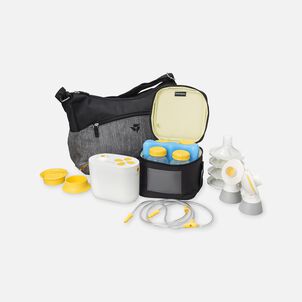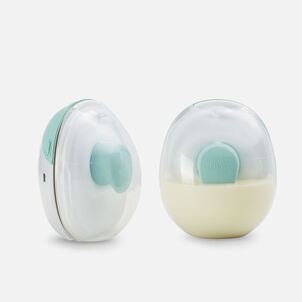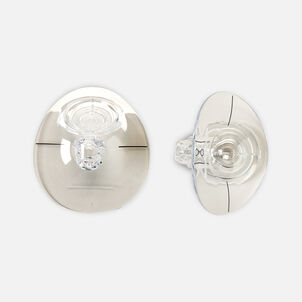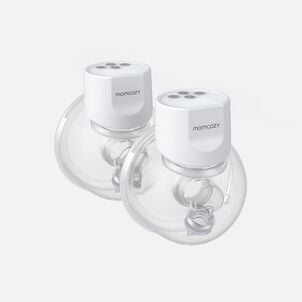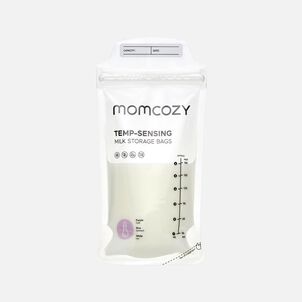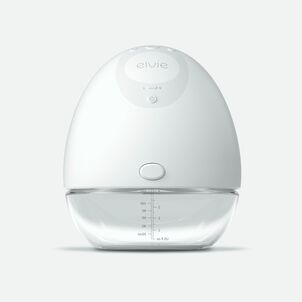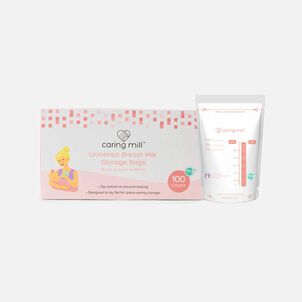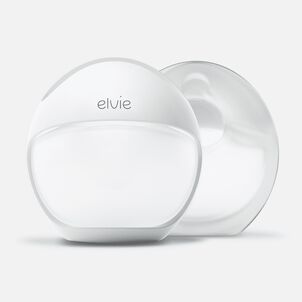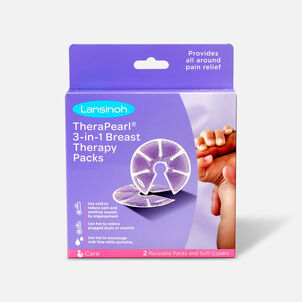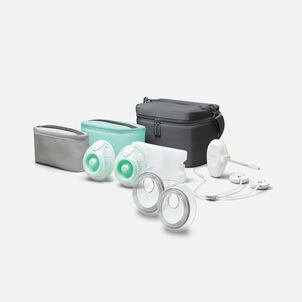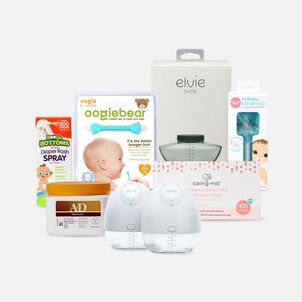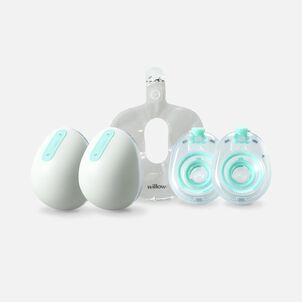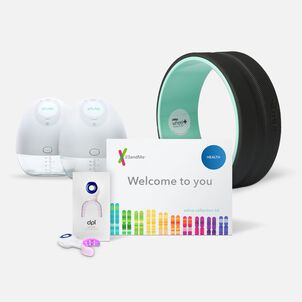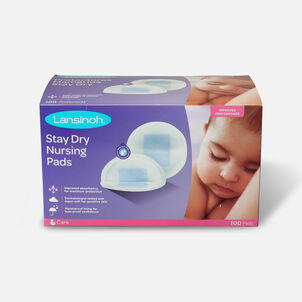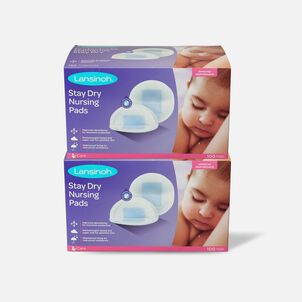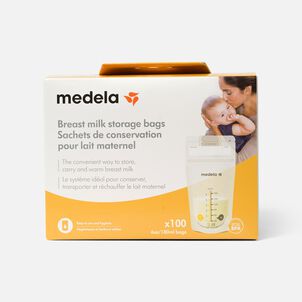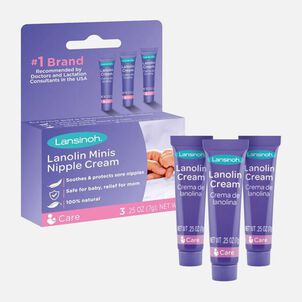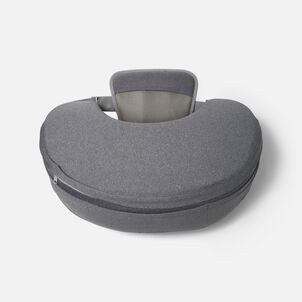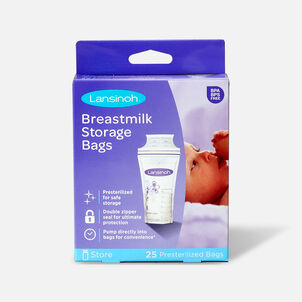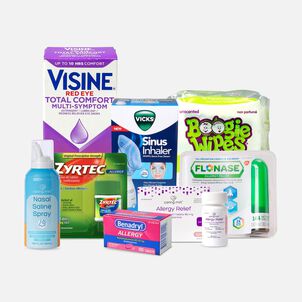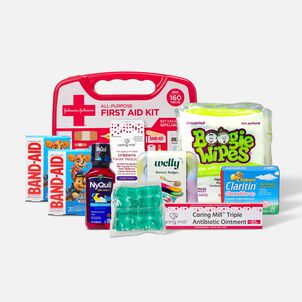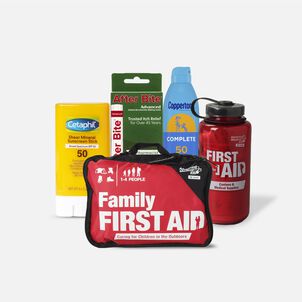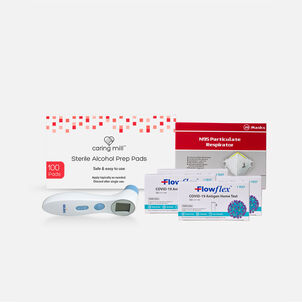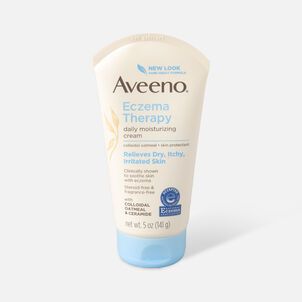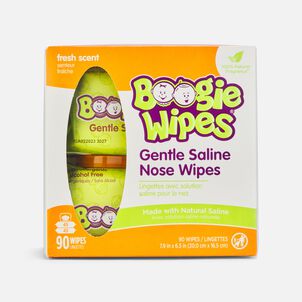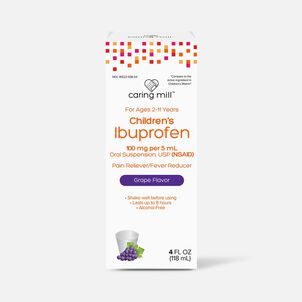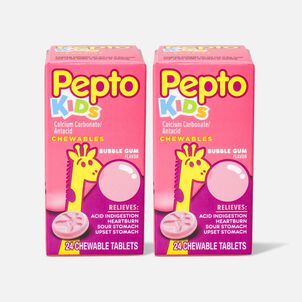This one's for the new parents who just got started. Navigating life with a newborn and all a new child entails — sleeping, soothing, and feeding their brand-new family member. We all know that one of the best ways to feed a young baby is breastfeeding. If you’re expecting, you may think of breastfeeding as the free feeding option? Well, not so fast.
While breastfeeding may allow you to save on formula, the costs associated with breastfeeding are many, from breast pads to nipple guards to nursing bras, just to name a few. You may even opt to purchase a breast pump, which is usually covered by insurance (but not necessarily the model you want).
But there are some little-known breastfeeding-related items that are eligible for flexible spending account (FSA) reimbursement, giving new parents the opportunity to save big. Here are a few of FSA eligible baby products and breastfeeding necessities that are covered by your flex dollars (with some notes on which ones aren't).
FSA eligible baby products
Prenatal vitamins – The name may imply otherwise, but prenatal vitamins are still recommended for breastfeeding women. Good news: prenatal vitamins and glucosamine are two of the only vitamin types approved for FSAs.
Breast pumps – While your insurance will likely cover a bulk of the cost, you may be left with a remaining balance, especially if you choose a nicer model, like one that comes in a nondescript bag for toting to and from work. But you're in luck -- the IRS lists breast pumps as a qualifying medical expense.
Storage bottles – Yes, you still need bottles when you breastfeed. Here's why: Many pumps require a bottle to catch the expressed milk from pumping. Also worth noting is most mothers pump at some point if they plan to return to work or spend more than a few hours away from baby. One thing to keep in mind -- storage bottles are FSA-eligible, but bottles used just for feeding are usually not. Be sure to check with your administrator if you have any questions.
Excluded from promotions
Extra pump parts – Because no two people are the same, standard breast shields that come with your breast pump may not fit correctly. This means you'll have to purchase a smaller or larger shield. Yes, they make them in different sizes, and no, they aren't cheap. You may also need to replace some of the pump's other parts, like the membranes or tubing. But you're in luck. According to the IRS, supplies that assist lactation, such as pump replacement parts, are also covered.
Milk storage bags – A must-have for the breastfeeding mom if she plans to pump or be away from her baby for any longer period of time.
Disposable nursing pads/ nipple shields – No one likes a leaker. So, it's a good thing breast pads are FSA-eligible. Trust me, you'll need them. Nipple shields fall under the supplies that aid in lactation category, making them a qualifying expense.
Support pillows – Breastfeeding pillows (like the Boppy) are not FSA-eligible, though most moms say they're must-haves. That said, an orthopedic neck support pillow might be comforting for new moms during some of those late nights and early mornings.
Excluded from promotions
Nursing bras, tops, covers, or other apparel – Bad news. Nursing bras, shirts, and other apparel are not qualifying expenses for your FSA. (The exception? The hands-free bras used for pumping, though it's not designed for use as an everyday bra.) So, wait for sales, because those bras are expensive.
Now if only your FSA could pay for a night nurse... But, with any luck the above list of FSA eligible baby products will save you some money through tax-free spending, freeing up some cash to pay for those other child-related expenses. You know, like — college.
-
Thank you for visiting the FSA Store Learning Center! Don’t forget to follow us for more helpful tips on Facebook, Instagram, and Twitter!

